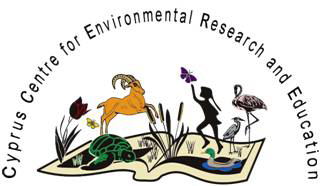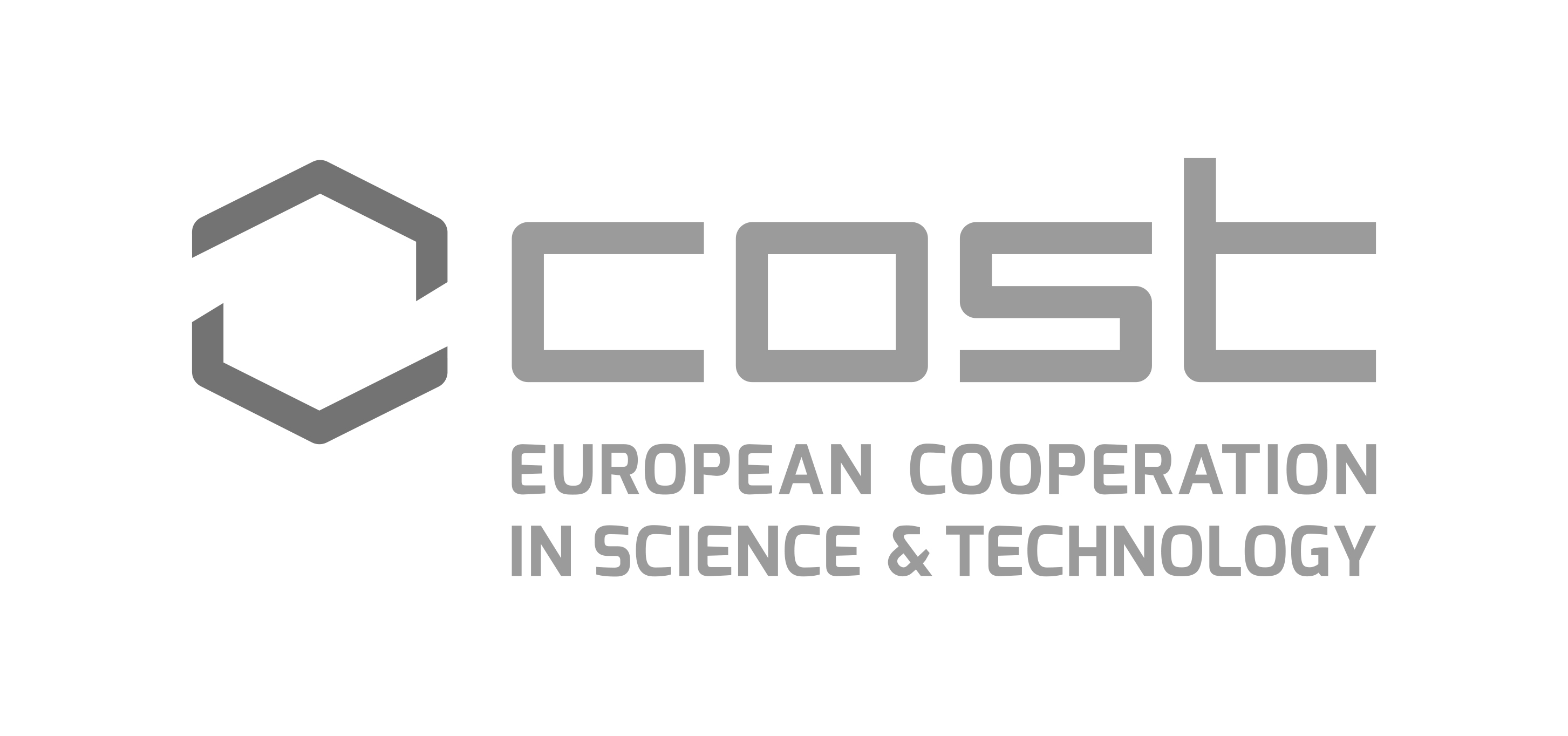European Network for Environmental Citizenship (ENEC) aims to improve understanding and assessment of environmental citizenship in European societies and participating countries. Environmental Citizenship is a key factor in EU’s growth strategy (Europe 2020) and its vision for Sustainable Development, Green and Cycle economy and Low-carbon society (EU-roadmap 2050). The Integrated Network of the Action will diminish the barriers between human, economic, social, political and environmental sciences multiplying the knowledge, expertise, research and insights of different stakeholders (researchers, scholars, teachers, practitioners, policy officials, NGOs, etc.) related in Environmental Citizenship. The different macro- and micro- level dimensions of formal and non-formal education that could lead to Environmental Citizenship will be focused. By developing National, European and International collaborations ENEC will enhance the scientific knowledge and attention to Environmental Citizenship.
Expected deliverables include: a) the creation of a web-site, b) a repository database of scientific measures and evidence based interventions that target Environmental Citizenship, c) the facilitation of scientific training schools, short term scientific missions, conferences and d) the dissemination of collaborative working papers, scientific reports, proceedings, academic publications, policy and recommendation papers and an edited book on Environmental Citizenship. The Action will conceptualize and frame the Environmental Citizenship and will develop new research paradigms and metrics for assessing the Environmental Citizenship. Good examples and best educational practices leading to pro-environmental attitudes, behaviour and values will be highlighted and promoted. Policy measures and recommendations will be proposed. The Action will serve as a vehicle to defragment the knowledge and expertise in Environmental Citizenship.
ENEC OBJECTIVES
Research Coordination Objectives
- Initiate collaborations and expand previously established collaborations on Environmental Citizenship across Europe.
- Development of common understanding/definition of Environmental Citizenship by conceptualizing and framing Environmental Citizenship.
- Development of new research paradigms and metrics for assessing Environmental Citizenship.
- Identify research gaps and future research needs, priorities and perspectives in Environmental Citizenship which require European/international coordination and transnational collaborations.
- Propose policy measures and recommendations needed for the promotion of Environmental Citizenship.
Capacity Building Objectives
- Bridging separate fields of science to achieve breakthroughs in Environmental Citizenship that require multi-national and multi-disciplinary research.
- Fostering knowledge exchange on different macro- and micro- level dimensions of formal and non-formal education that could lead to Environmental Citizenship.
- Acting as a stakeholder platform for knowledge exchange and mapping expertise and also developing a depository database of scientific measures and evidence based interventions that target Environmental Citizenship.
- Involving specific target groups such as Early Career Investigators (ECI) and research teams from COST Inclusiveness Target Country (ITC).
IMPACT OF THE ACTION
Benefits of the action
Α) At the scientific level
- Enhance and harmonize research and develop a common terminology and methodological guidelines for Environmental Citizenship related assessment and intervention across different nations and disciplines.
- Boost the volume and quality of research on Environmental Citizenship.
- Develop new platforms for multi- and interdisciplinary collaborative-research programs on Environmental Citizenship.
- Enhance the academic development of emerging and more senior researchers in the field of Environmental Citizenship.
- Develop new research paradigms and metrics for assessing Environmental Citizenship.
- Highlight Good Examples and best educational practices leading to Environmental Citizenship and pro-environmental attitudes, behaviour and values.
- Map expertise and resources of different stakeholders related to Environmental Citizenship.
- Identify research needs, gaps and priorities in Environmental Citizenship.
- Foster environmental protection through active Environmental Citizenship of COST countries citizens, EU and Internationally.
- Develop and disseminate uniform tools for metrics for assessing Environmental Citizenship.
- Facilitate the emergence of a new and innovative scientific and research field such as Environmental Citizenship Education.
- Extent the exchange of information and know-how that will foster increased scientific innovation and increased competitiveness for European companies.
Β) At the societal level
- Encourage capacity building and dissemination of knowledge in non-academic settings.
- Dissemination of new and consolidated information to all stakeholders and the general public.
- Increase public awareness and understanding of Environmental Citizenship and encourage communication and collaboration between academic partners, policy makers, NGOs, educators and society.
- Develop effective Environmental Citizenship programs of NGOs, Business, public and private educational organisations and authorities.
- Enhance civic participation among young people which have shown a sharp decline in key activities.
C) At the public policy level
- Bring the Environmental Citizenship into the spotlight of COST countries, EU and Internationally.
- Foster knowledge sharing and collaborations with decision/policy makers at the local, regional, national, the EU level and internationally.
- Improved Environmental Education.
- Develop policy framework including substantial measures and recommendations for the consolidation of Environmental Citizenship in COST countries.
- Promote the implementations of EU’s growth strategy (Europe 2020) and its obligations for Sustainable Development and Green and Circular economy through effective Environmental Citizenship of the public.
- Improve macro- and micro- level dimensions of formal and non-formal education.
- Promote the Integration of the Education for Environmental Citizenship in European and International Level.
ACTIONS DURATION AND PARTICIPANTS
Start and End of Action
The COST Action started on the 27th of October 2017 and shall be implemented for a period of four (4) years.
Number of Participating Countries
32 countries: Austria, Belgium, Bosnia and Herzegovina, Bulgaria, Croatia, Cyprus, Czech Republic, Denmark, fYR Macedonia, France Germany, Greece, Hungary, Iceland, Israel, Italy, Latvia, Lithuania, Malta, Montenegro, Netherlands, Norway, Poland, Portugal, Romania, Serbia, Slovakia, Spain, Sweden, Switzerland, United Kingdom, United States of America
WORKING GROUPS
The ENEC Action will focus on two different types of education organized into four WGs.
- WG1: Environmental Citizenship through primary formal education
- WG2: Environmental Citizenship through primary non-formal education
- WG3: Environmental Citizenship through secondary formal education
- WG4: Environmental Citizenship through secondary non-formal education
LEADERS
Dr Andreas HADJICHAMBIS, Cyprus Centre for Environmental Research and Education – CYCERE, Cyprus (Action Chair & Grand Holder SR)
Prof. Pedro Rocha dos Reis, University of Lisbon, Portugal (Action Vice-Chair)
Working Group Leaders:
Dr Jan CINCERA, Masaryk University Brno, Czech Republic (Primary Formal)
Dr Jelle BOEVE-DE PAUW, University of Antwerp, Belgium (Primary Non Formal)
Prof. Niklas GERICKE, Karlstad University, Sweden (Secondary Formal)
Dr Demetra HADJICHAMBI, Cyprus Centre for Environmental Research and Education CYCERE, Cyprus (Secondary Non Formal)
Dr Andri CHRISTODOULOU, University of Southampton, UK (Early Carrier Investigator and Gender Equality Coordinator (STSM Coordinator))
Dr Marie-Christine KNIPPELS, Universiteit Utrecht, Netherlands (Disseminator Board Coordinator (Communication Manager))
The Dissemination Board (DB) approved by the MC to be consisted of:
Dr Marie-Christine KNIPPELS, Universiteit Utrecht, Netherlands (Disseminator Board Coordinator)
Dr Andreas HADJICHAMBIS, CYCERE (Website Committee Leader)
Prof.ª Sofia Morgado Portugal (International Conferences Committee Leader)
Dr Andri CHRISTODOULOU, University of Southampton, UK (ECI Events Committee Leader)
Franz VANDAM, Utrecht University, Netherlands (Workshops & Stakeholders Events Committee Leader)
FOR MORE INFORMATION VISIT
Cost Website: http://www.cost.eu
ENEC in Cost Website: http://www.cost.eu/COST_Actions/ca/CA16229
 Κυπριακό Κέντρο Περιβαλλοντικής Έρευνας & Εκπαίδευσης – Κυκπεε
Κυπριακό Κέντρο Περιβαλλοντικής Έρευνας & Εκπαίδευσης – Κυκπεε










